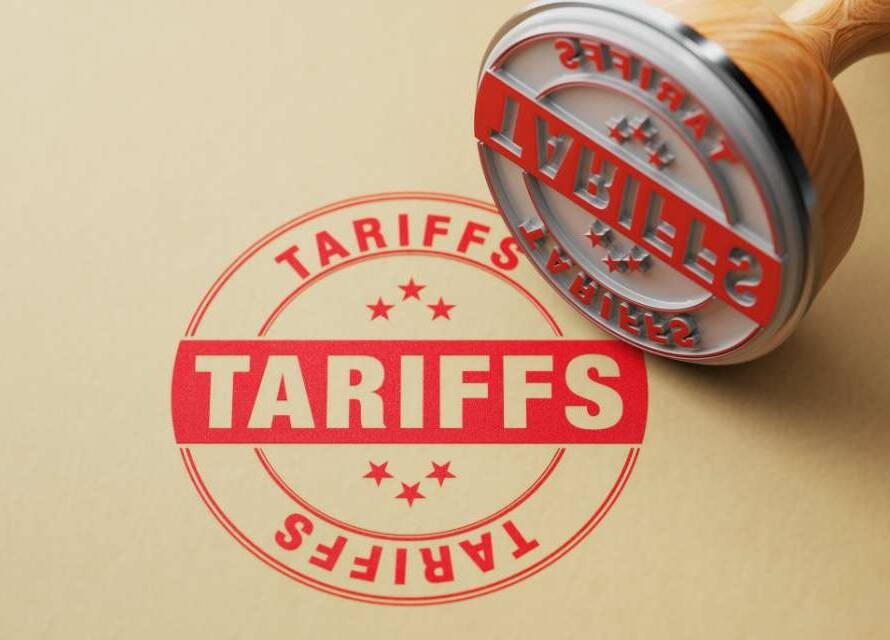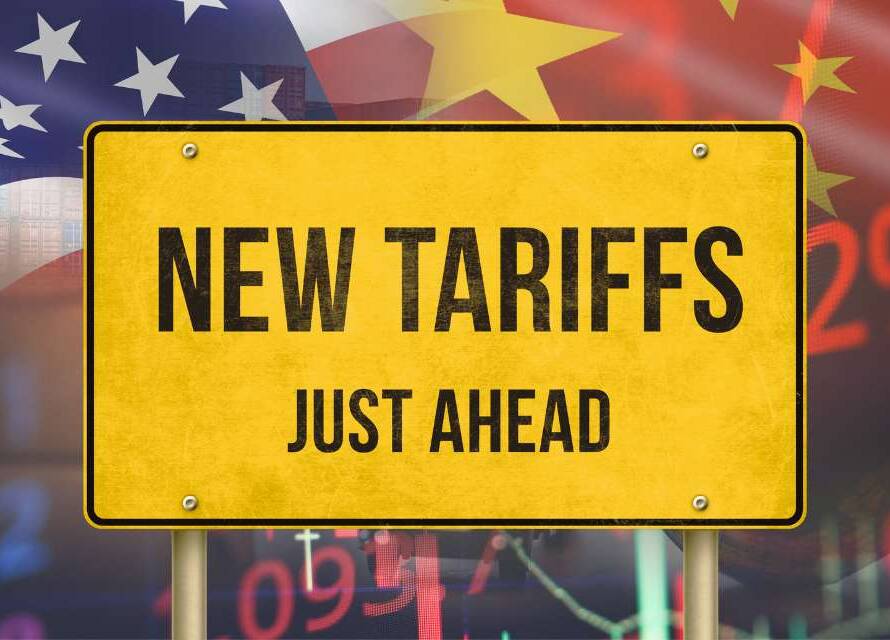For U.S. manufacturers, Donald Trump’s return to the White House marks a new era of uncertainty in U.S.-Mexico trade relations. With proposed tariffs, retaliatory measures, and potential trade renegotiations looming, industries relying on Mexico as a key manufacturing hub face significant risks.
A Troubled Trade History
During Trump’s first term, his 2019 threat to impose tariffs starting at 5% on all Mexican imports, potentially rising to 25%, exposed vulnerabilities in U.S.-Mexico trade. With over $350 billion in annual imports, critical industries like automotive faced steep risks. Analysts estimated such tariffs could add $1,000 or more to vehicle costs for models like the Ford Maverick and Chevrolet Equinox.
Mexico acted swiftly to avoid economic fallout. President López Obrador deployed thousands of National Guard troops to tighten border enforcement and expanded the “Remain in Mexico” policy, which required asylum seekers to stay in Mexico during U.S. immigration proceedings. These concessions satisfied Trump, and the tariffs were suspended.
However, the episode left its mark. Manufacturers endured months of uncertainty and supply chain disruptions, highlighting the risks of heavy reliance on Mexico for critical imports.
A Brief Respite Under Biden
The Biden administration introduced a period of relative stability, making diplomacy the foundation of U.S.-Mexico relations. Programs like the High-Level Economic Dialogue (HLED) prioritized collaboration in trade, supply chain resilience, and economic growth. As a result, Mexico became the U.S.’s largest supplier of imports in 2023, overtaking China.
Yet, beneath this stability lay hidden challenges. Labor costs in Mexico have surged 40% since 2018, increasing overall company costs by 4%. Stricter environmental regulations have further eroded many of Mexico’s cost advantages. More significantly, dependence on a single manufacturing partner left U.S. manufacturers exposed to geopolitical risks—an issue that has resurfaced with Trump’s re-election.
Renewed Volatility Under Trump
Trump’s reelection has already revived trade tensions with Mexico. One of his key pledges includes tariffs of up to 25% on Mexican imports, targeting industries like automotive, consumer goods, and electronics. These measures could disrupt supply chains, raise production costs, and force manufacturers to reconsider their sourcing strategies.
Mexico’s response under President Claudia Sheinbaum has combined conciliatory gestures with protective measures. Sheinbaum has emphasized dialogue and mutual respect in U.S.-Mexico relations, aiming to ease tensions. Her administration has deployed the National Guard to tighten border enforcement, organized flights to repatriate migrants, and bolstered border security to prevent large caravans from forming.
However, Mexico has also prepared to retaliate. Economy Minister Marcelo Ebrard warned that reciprocal tariffs on U.S. imports could follow if Trump’s proposals materialize. These countermeasures reflect Mexico’s intent to protect its economy while managing increasingly tense relations with the U.S.
As a U.S.-based company with 30 years of experience, Source Machining Specialties specializes in helping U.S. manufacturers with their manufacturing needs in India. We’re so confident in our Indian production facilities that we invite you to a site audit at our expense. Discover more about our capabilities and services, and let’s start a conversation.



